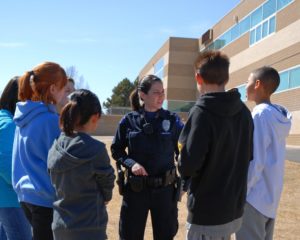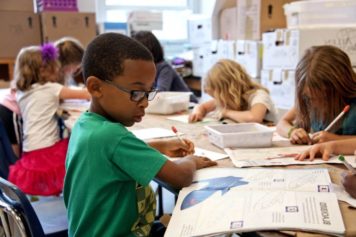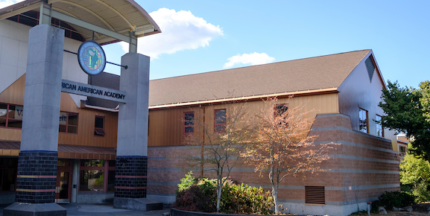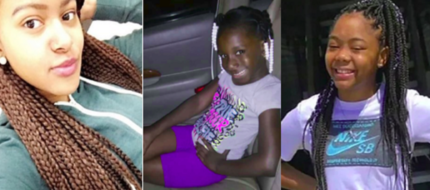
But when the number of school-based officers jumped from a mere 10 percent in the late 1990s to being stationed in nearly one-third of schools across America by 2014, education advocates saw it as a cause for concern.
That’s when a coalition of over 100 education and social justice organizations, parents, youth, advocates and educators known as the Dignity in Schools Campaign stepped in. According to the DSC website, the coalition aims to challenge “the systemic problem of pushout in our nation’s schools” by supporting “alternatives to a culture of zero-tolerance, punishment, criminalization and the dismantling” of the school-to-prison pipeline.
On Wednesday, the group released a list of recommendations promoting alternatives to harsh school punishments and limitations on the role of school resource officers, the Huffington Post reports. DSC leaders are expected to present their suggestions to lawmakers sometime this week.
According to the news site, this is the strongest set of recommendations DSC member organizations — like the NAACP, Southern Poverty Law Center and others — have ever made collectively on the problem of school policing.
“Many organizations have been saying for a long time to limit the role of cops at schools, but that varied across communities,” said DSC communications coordinator Nancy Treviño. “Officially we’re coming out as a large body of folks from around the country and collectively saying we want see cops out of school.”
The coalition’s set of suggestions is broken down into three main goals: ending the regular presence of law enforcement in schools; creating safer schools through positive safety and discipline measures; and restricting the role of law enforcement that are called into schools.
The DSC recommended that schools remove any and all law enforcement personnel assigned to be present in schools on a daily or weekly basis. This includes sworn officers, municipal police officers, armed security guards, parole officers and truancy officers, among a host of others.
“This would prohibit a regular presence, such as being stationed full or part-time in a school or set of schools, making daily or weekly visits, or the inclusion of a school in an officer’s regular beat,” the recommendations state.
According to the Huffington Post, the number of school-based police officers spiked following the implementation of Clinton-era crime bills and fatal incidents of school violence like the Columbine High School shooting of 1999.
While school resource officers have successfully countered violent incidents over the years, lately we’ve seen cops acting violently toward the very students they’re assigned to protect. For example, a South Carolina school officer was caught on video yanking a Black student out of her desk and hurling her across the classroom after she refused to hand over her cell phone. This is just one example of why the DSC feels police officers should be removed from schools.
So what’s the organization’s alternative to having absolutely no school resource officers? The DSC suggests bringing in community intervention workers, peacebuilders, restorative justice coordinators, school counselors and others to help fill the void. This way schools can ensure positive safety and discipline measures that won’t ultimately push students — particularly students of color — into the school-to-prison pipeline.
“These staff monitor school entrances and ensure a welcoming environment, respond to the root causes of conflict and disruptive behaviors, prevent and intervene to stop intergroup and interethnic tension, and address students’ needs,” according to the recommendations.
Lastly, the DSC hopes to limit the role(s) of police officers stationed in schools by putting safeguards in place to make sure students’ civil rights aren’t infringed upon.
The coalition’s recommendations come on the heels of a similar document released by the Obama Administration, Department of Education and Department of Justice encouraging schools to explicitly outline the role of school-based police.
“As educators, we are all bound by a sacred trust to protect the well-being, safety, and extraordinary potential of the children, youth and the young adults within the communities we serve,” U.S. Secretary of Education John B. King Jr. wrote in a memo. “School resource officers can be valuable assets in creating a positive school environment and keeping kids safe. But we must ensure that school discipline is being handled by trained educators, not by law enforcement officers.”


